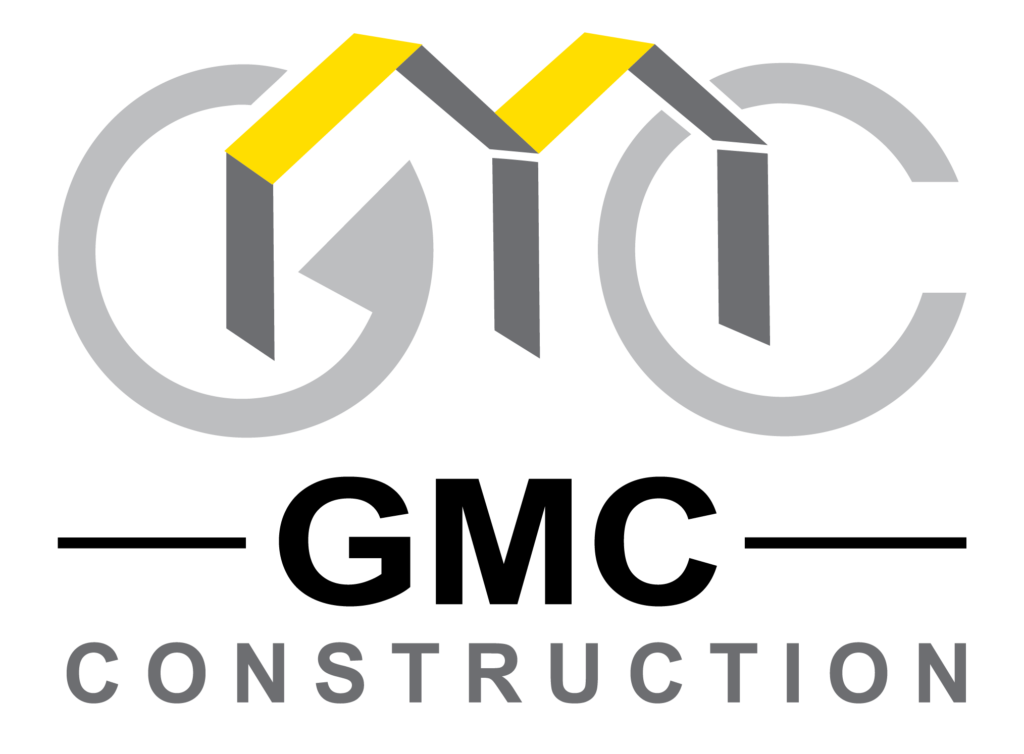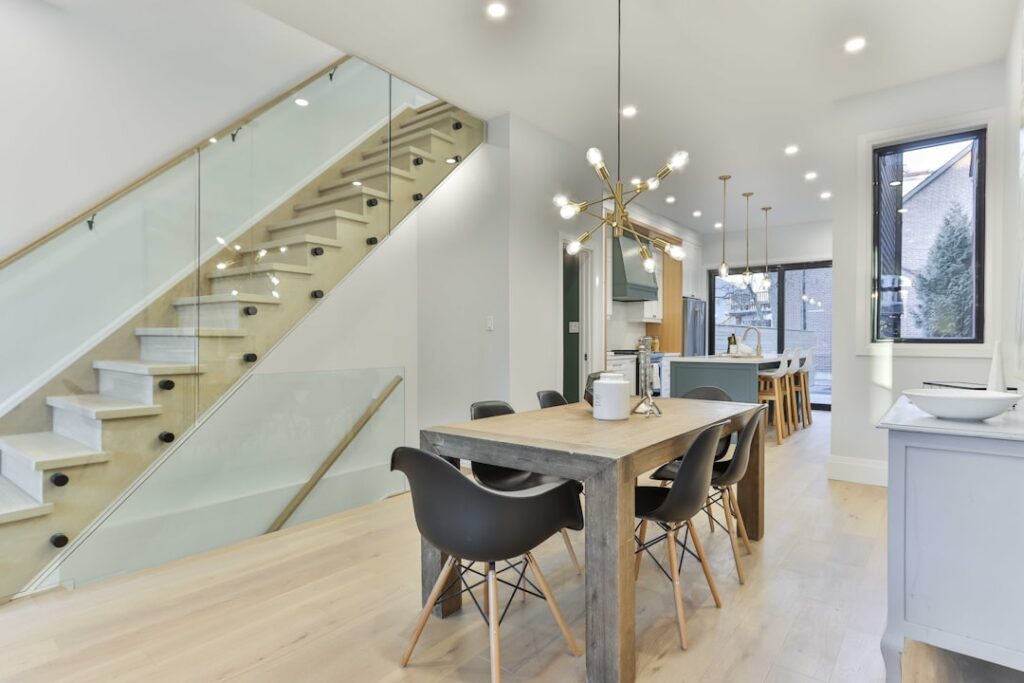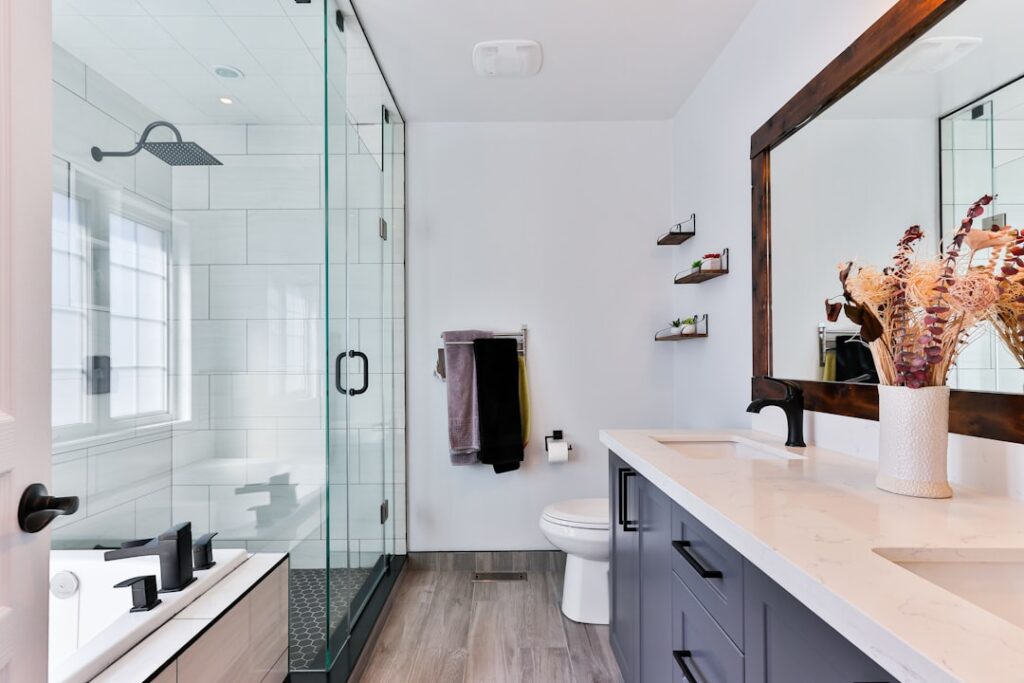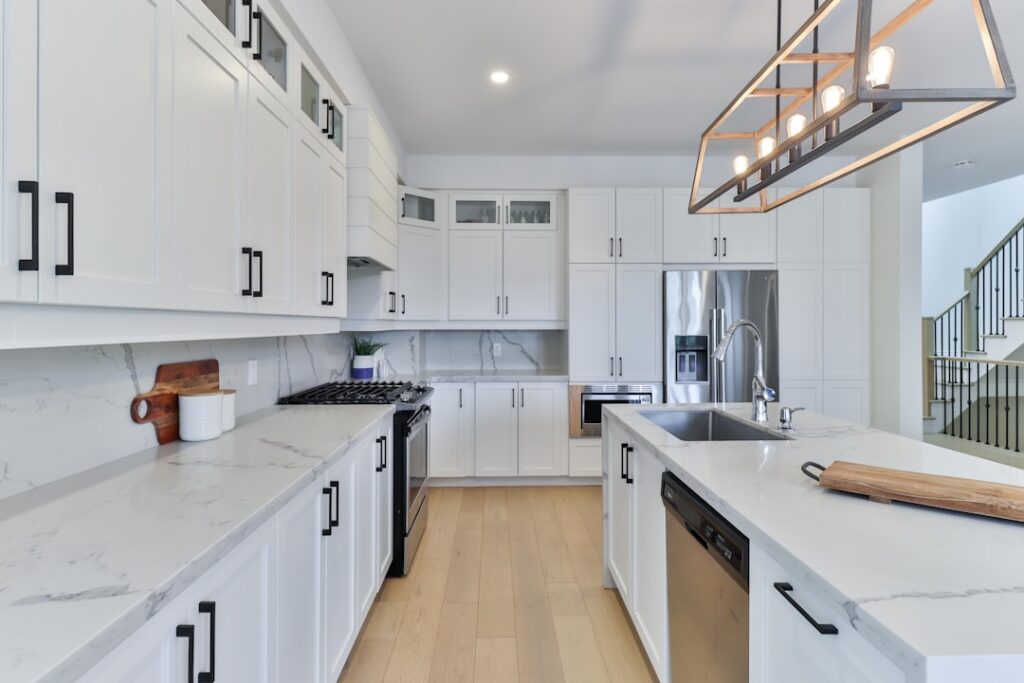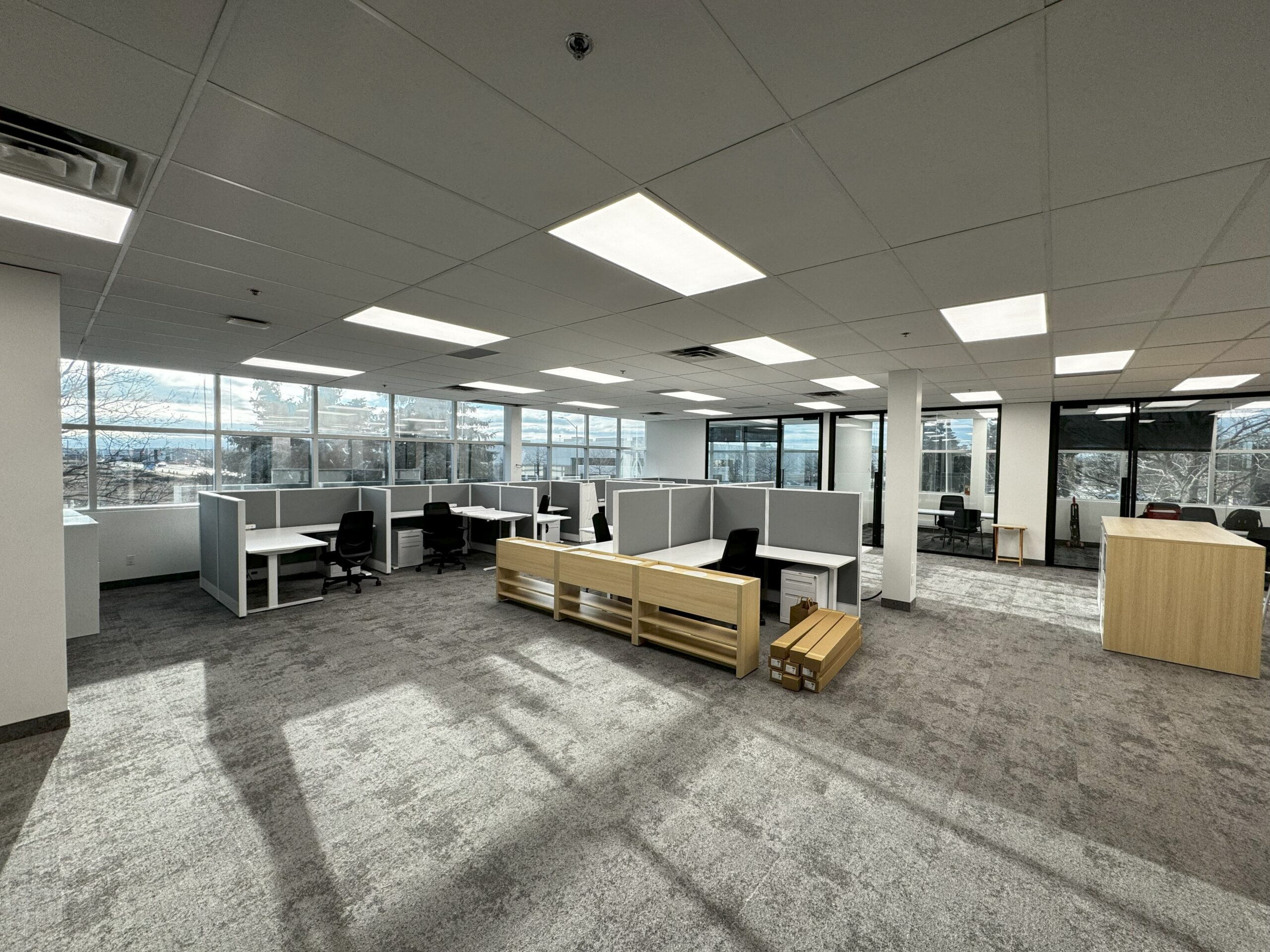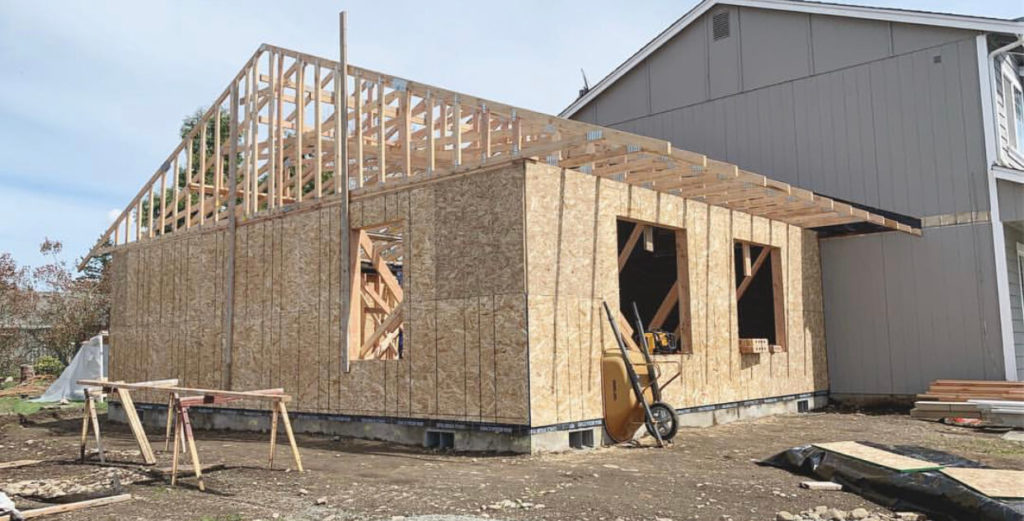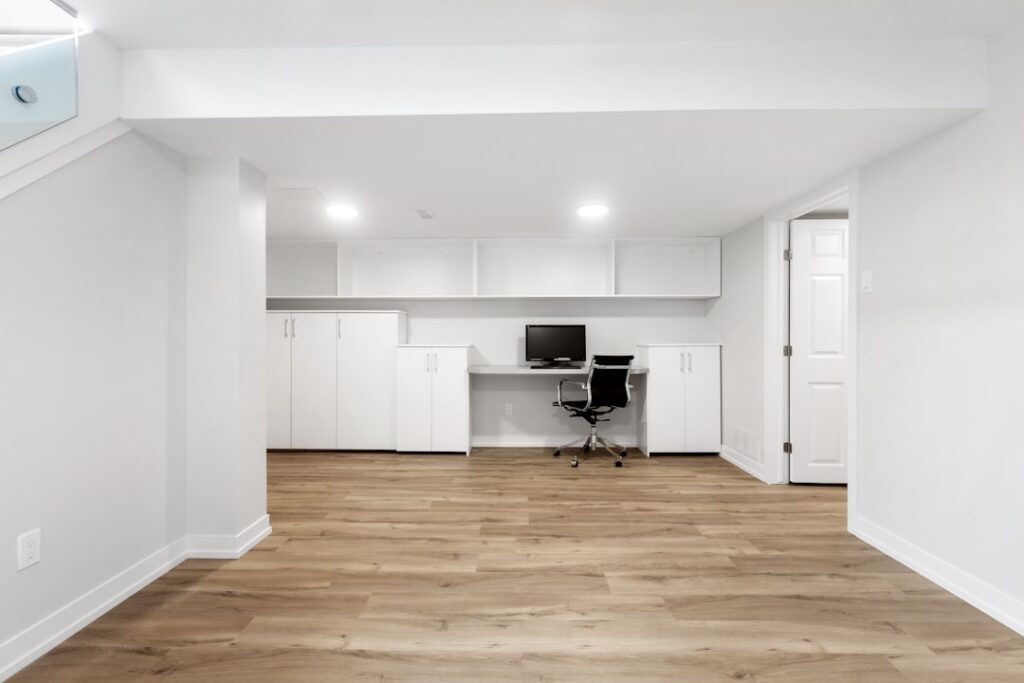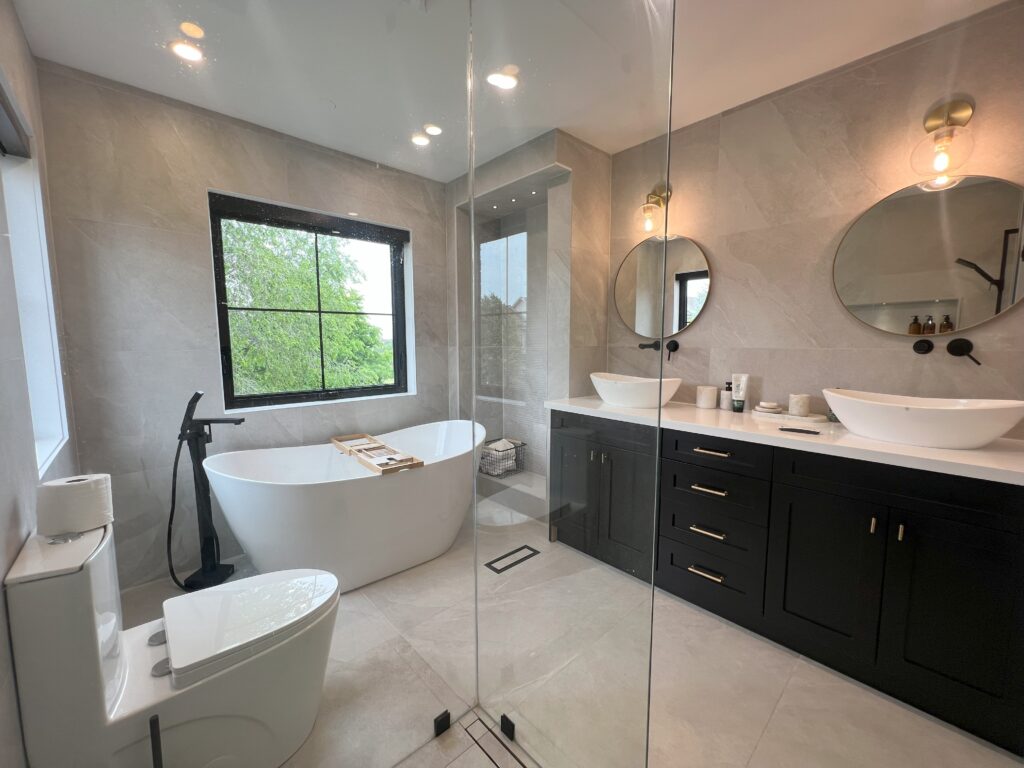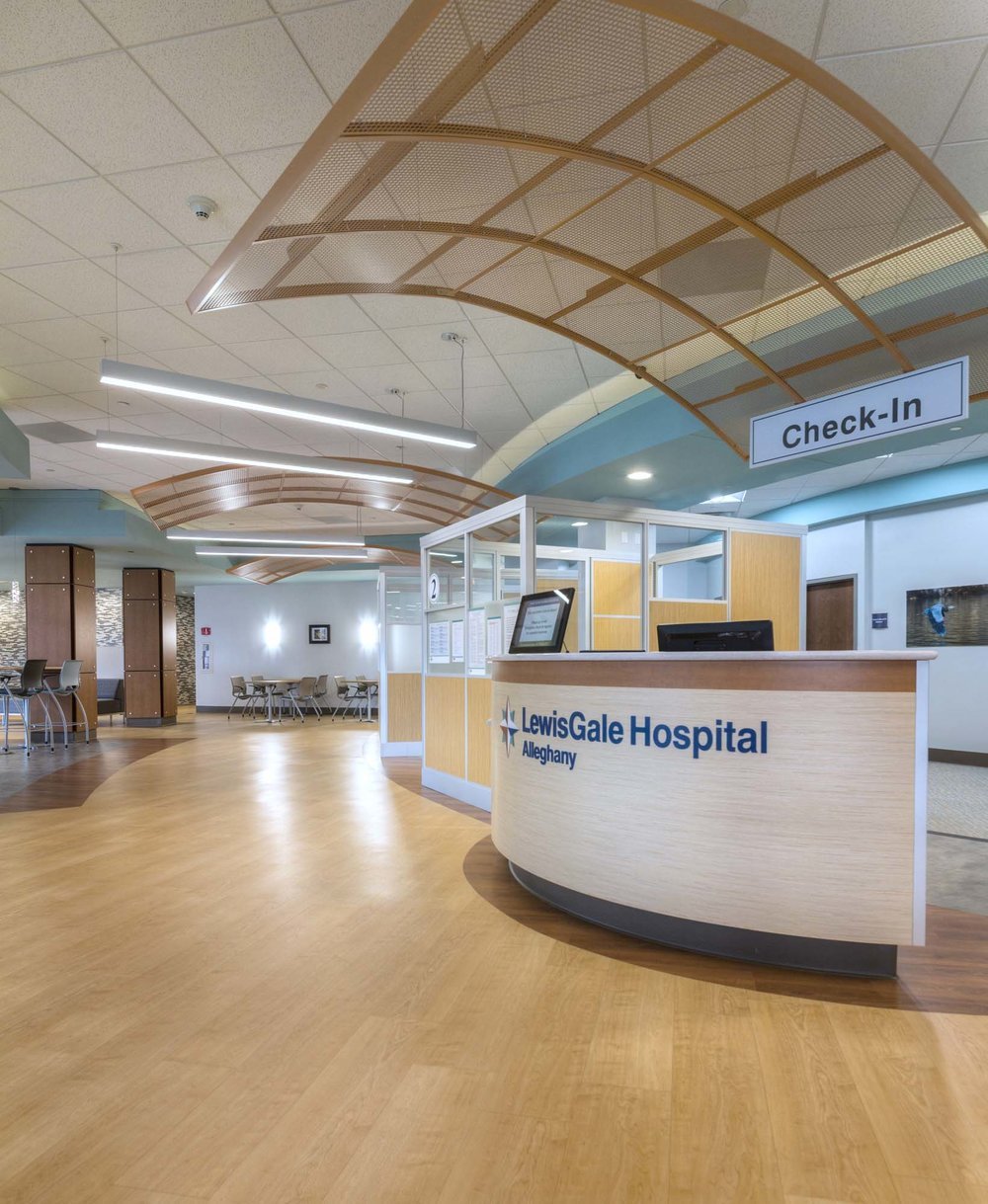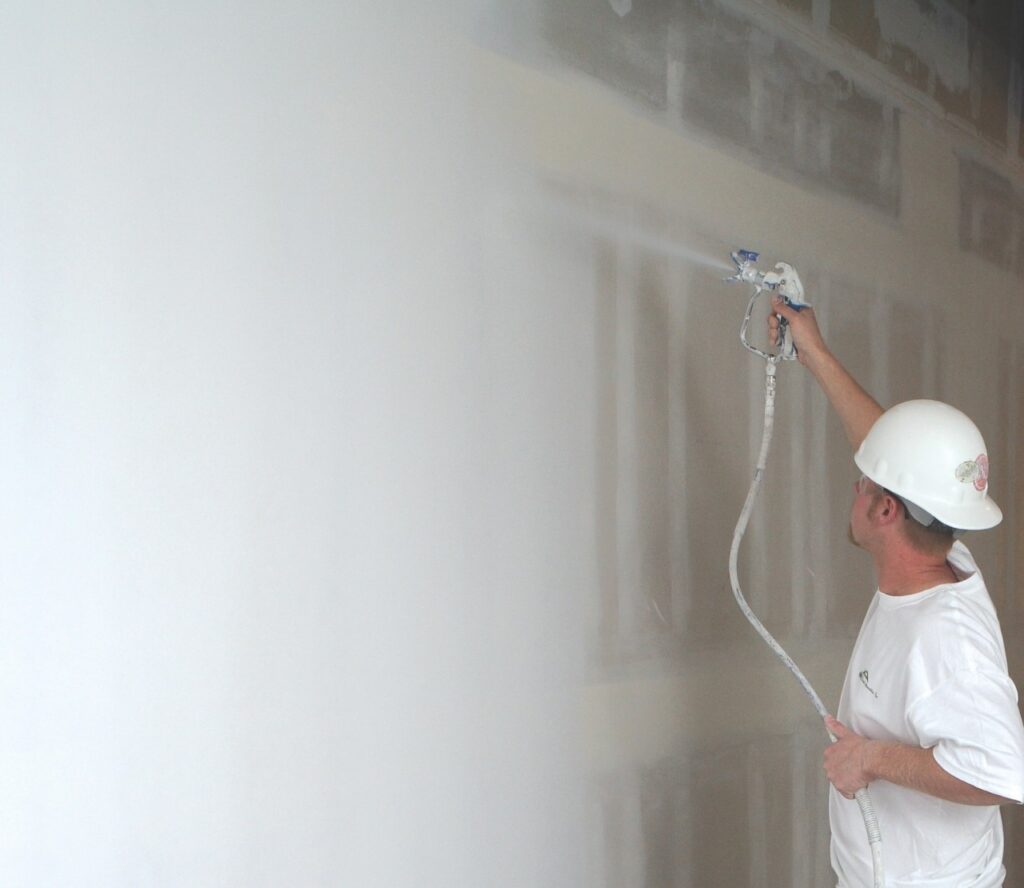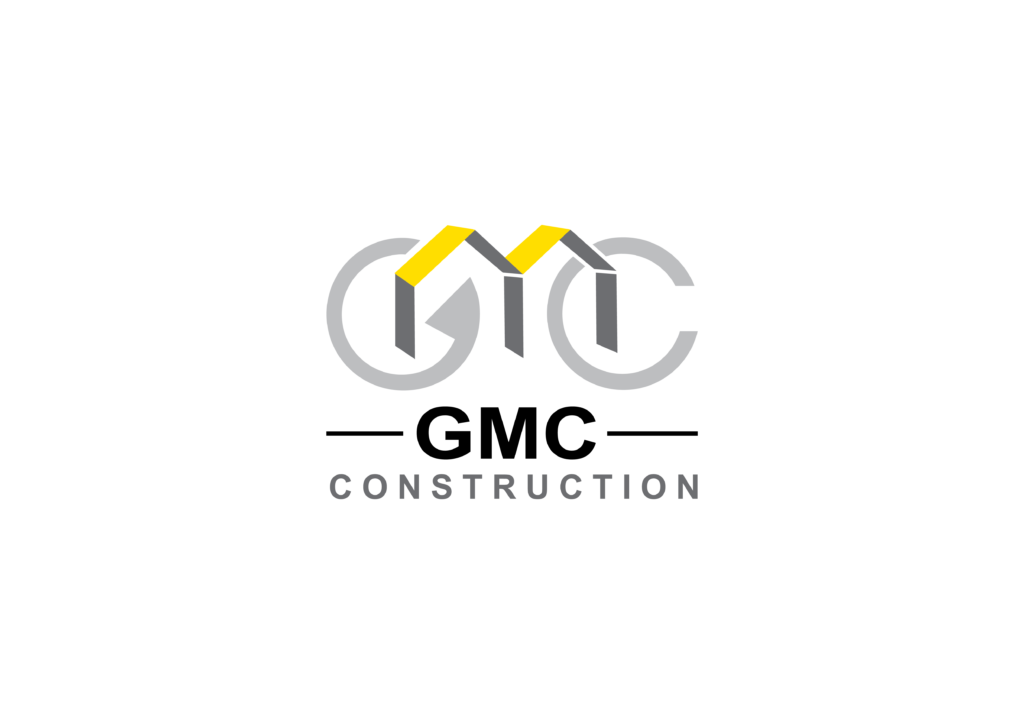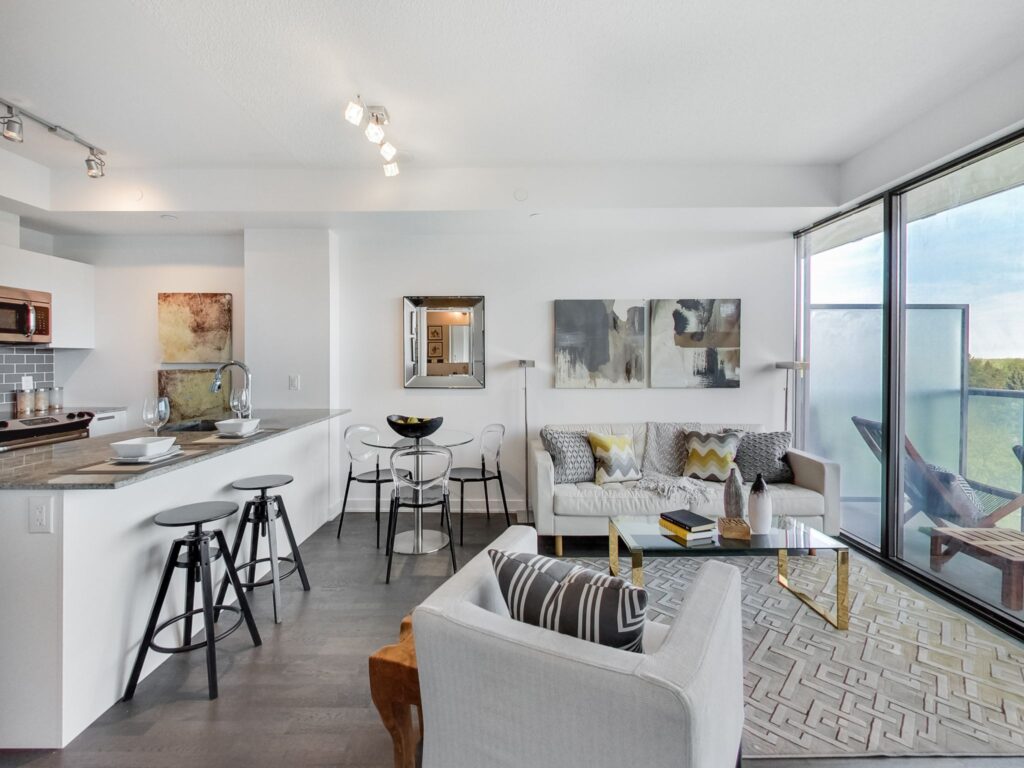
Renovating a condo in Toronto can be an exciting project, allowing you to personalize your living space and enhance its functionality. However, one crucial question often arises: Do I need a permit to renovate a condo in Toronto? The answer depends on several factors, including the scope of your renovation, the changes you plan to make, and the rules set by the condo corporation and the City of Toronto.
Understanding the Need for a Renovation Permit
In Toronto, whether you own a condo or a house, most renovations require a permit to ensure safety, code compliance, and protection of building structures. However, condos have specific rules and regulations due to shared spaces, governing bodies, and property management considerations. Here’s what you need to know:
When a Permit is Required
- Major Structural Changes: If your renovation involves major structural changes, such as knocking down walls, changing load-bearing walls, or altering plumbing and electrical systems, you will likely need a permit. These changes can affect the building’s structural integrity and safety, requiring approval from the city.
- Plumbing and Electrical Work: Any modification to plumbing or electrical systems, including moving pipes, installing new fixtures, or upgrading electrical panels, usually necessitates a permit. These changes must adhere to Toronto’s building code to ensure safety and functionality.
- Mechanical Systems: Installing new heating, ventilation, and air conditioning (HVAC) systems, upgrading ductwork, or moving these systems around often requires a permit. These elements are essential to maintaining a safe and comfortable living environment.
- Window and Door Changes: Altering or moving windows and doors, including resizing openings, requires a permit. This is to ensure that the new installations meet Toronto’s building code for energy efficiency, safety, and structural integrity.
- Flooring and Ceilings: Changes to flooring and ceilings, especially if they involve changes to the underlying structure, insulation, or acoustic treatment, may require a permit. It’s important to check with your condo management and the City of Toronto to confirm what changes require official approval.
- Condo Corporation Approval: In addition to city permits, you must also get approval from your condo corporation. The management board usually requires detailed plans and may impose additional restrictions or guidelines. It’s crucial to check the condo corporation’s rules and by-laws before proceeding with any renovation.
When a Permit May Not Be Required
- Minor Cosmetic Changes: Simple cosmetic updates, such as painting, installing new countertops, or replacing fixtures, generally do not require a permit. These changes are usually covered under standard maintenance and do not affect the condo’s structure or systems.
- Condo Corporation’s Rules: Some changes might require condo corporation approval but not a city permit. This can include modifications to shared spaces, altering common elements, or changes to the exterior of the building. Always check with your condo management before starting any work.
The Permit Process
- Check with Your Condo Management: Before applying for a city permit, consult with your condo management to understand what approvals are needed. They can provide specific guidelines and restrictions based on your condo’s rules and regulations.
- Consult a Professional: Hiring a qualified contractor or architect can help navigate the permit process. They can ensure your plans meet the city’s building code and obtain necessary permits efficiently.
- Apply for a Permit: If a permit is required, you must apply to the City of Toronto. This process typically involves submitting detailed plans, obtaining approvals, and paying fees. The city’s building department reviews the application to ensure compliance with building codes.
- Post-Approval Inspections: Once you have the permit, your project will likely require inspections at various stages (e.g., before framing, after drywall). These inspections ensure that work is being carried out according to approved plans.
Conclusion
Renovating a condo in Toronto requires careful planning and adherence to regulations. Understanding when a permit is needed and working closely with your condo management can help you avoid complications and ensure your renovation project is completed smoothly and legally. Always consult professionals and follow the proper channels to achieve a successful renovation.
4o mini
Contact us today at www.gmco.ca or call 647-450-4466 to discuss your bathroom renovation project and schedule a consultation.
✓ Trusted quality
✓ professionalism
✓ Strong Reputation
Experience excellence with Toronto’s top general contractor for quality and professionalism .
Get in touch
We’re here to answer your questions.
Have a Questions? Call us:
+16474504466
Or Email us at:
info@gmco.ca
Canada
75 Oneida Crescent , Richmond Hill
ON, L4B 0H3
Looking to get a quote?
Latest Posts
The latest stories, exclusive insights, and special offers.
-

The Complete Guide to Shower Pans: Types, Installation, and Maintenance Tips
-
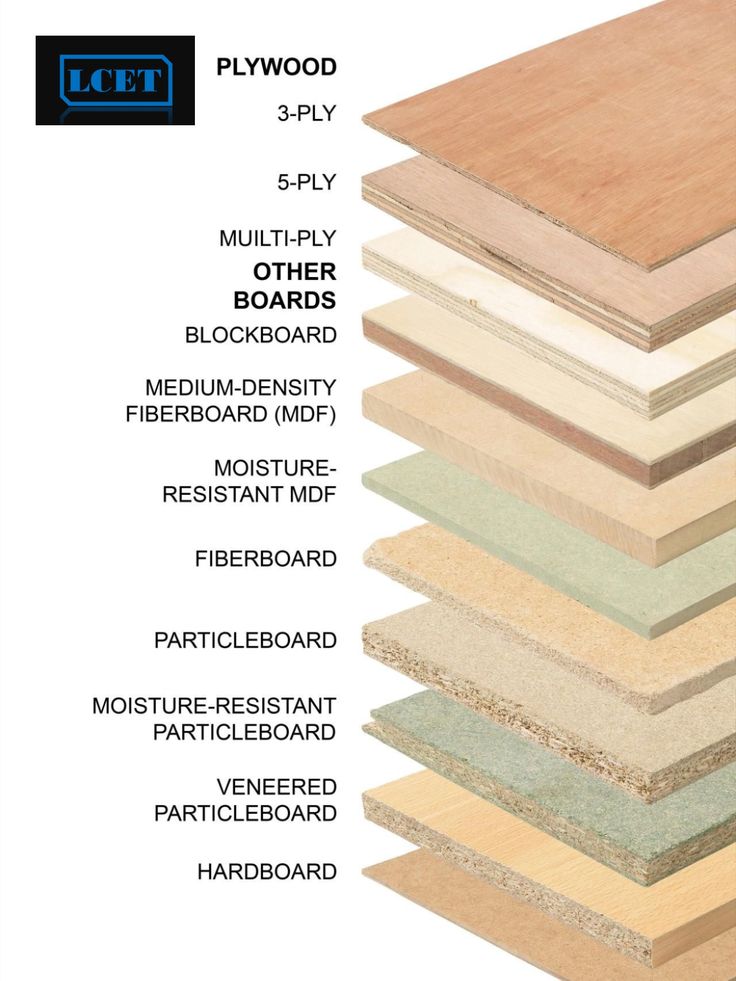
The Ultimate Guide 2025 to Different Types of Plywood: Uses, Benefits, and Choosing the Right One
-
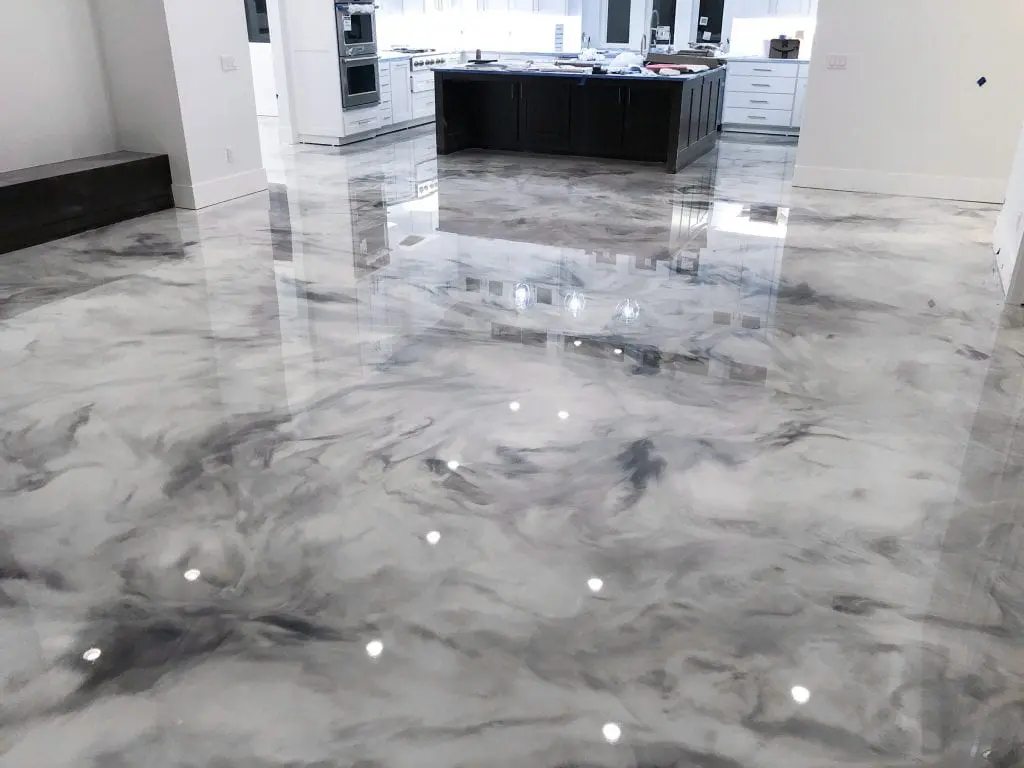
The Ultimate Guide to Epoxy Flooring: Benefits, Applications, and Installation
-

The Ultimate Guide to Level 5 Plastering: What You Need to Know

Looking to get a quote on your next home renovation project?
Call us todat at 6474504466 to start a free consultation
